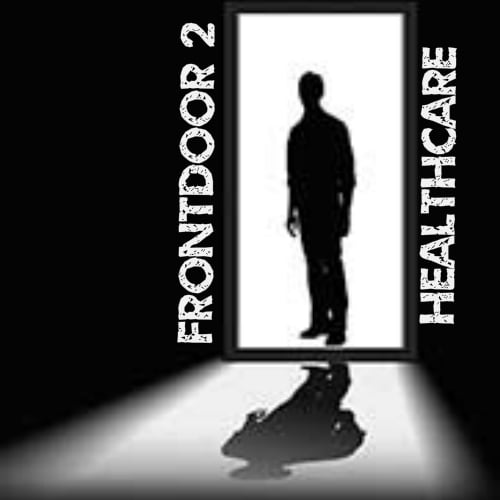I would like to think that we do a reasonable job recognizing and acknowledging nurses for all of the hard work that they do, compassion, caring nature and dedication to their work. We often talk about what nurses do for patients and their positive impact upon the healthcare system, but as we enter the busy holiday season, I would like to take a moment to reflect upon their contribution and influence on my life as an Emergency Medicine resident in this open letter to ER nurses.
Being a senior ER resident isn’t easy; there is pressure to manage the department, to teach students and junior residents, to develop practice habits, and enhance one’s medical knowledge base. At times this can become overwhelming, particularly when we are exposed to difficult scenarios, traumatic experiences and the inherent chaos/unpredictability of the emergency department. Recently, I had a fairly distressing experience at work; a difficult situation for me, the nurse and the patient. It can often be tough to compartmentalize things on a shift, but I had other patients to see, and so you typically bury your emotions and move on to the next patient.
After leaving the room, however, the nurse I was working with asked if I was ok – and we were able to debrief what had just happened. Being able to discuss the case allowed me to take some of the burden off my shoulders, and made the experience much easier to handle. I am not even sure if she recognized that I needed that chat, but for me it reinforced that our ER nurses are always standing next to us, experiencing what we experience, and helping us to remain afloat. Fortunately for me, this isn’t an isolated incident.
I can’t tell you the number of times I have debriefed with a nurse after a patient passes away. It is the type of distressing experience we deal with on an almost daily basis, but we don’t usually talk about it at home with our loved ones, or with our friends. We compartmentalize that aspect of our lives, but I know that in trying times we can always turn to the nurses, and that moment of debrief, that small discussion allows for some closure. This role isn’t taught in nursing school, it is an innate skill set that ER nurses acquire from battling on the front lines. Whether or not it is routinely recognized, these moments and experiences are certainly cherished, particularly for those of us who are still learning and adapting to the art of medicine.
I eat my meals with our nurses, socialize with them, and they even feed me during potlucks when I haven’t brought anything. When I was a junior resident, they would help push me in the right direction and aid me to impress my staff. I fondly recall a senior nurse telling me she was there to “make sure you junior doctors are doing ok”. As a senior resident I still find it comforting and reassuring that the nurses are always looking out for us, and are always there if we need them.
As a senior resident, learning to manage the department – they aid my learning process by calling me to the resuscitation bay, finding me to reassess patients or to ask questions. There is always a staff physician around whom they could ask, but the nurses will often go out of their way to find me. This not only enhances my learning, but helps to reinforce an unspoken confidence and sense of value in my own abilities. While it seems trite, this is an critical aspect in the development of an emergency medicine resident.
Emergency nurses have existed since the specialty was first contrived, and they will continue to be there, mentoring and teaching junior physicians and medical students. They have a wealth of knowledge, experience, and more importantly – they tend to know when you need to talk, even if it is just to take a second to socialize and reset.
As an ER resident, I have developed an entire cohort of new friends among my nursing colleagues – and I describe them as friends, because they truly have my best interests at heart, and genuinely care about my development as a physician. When I am having a difficult day, it is these friends that help to keep me sane and reinforce that things are going to be okay. I think the ability to harness this inter-professional relationship is an intangible skill that every physician needs to acquire to flourish as a healthcare provider.
Occasionally you will see residents or staff physicians interact with nurses as if they’re nothing more than a vector for their orders. Not only is this a shame, but I feel it is negative marker of that particular physician’s practice. I think it critical for us to teach our students and junior learners the importance of this interpersonal dynamic with our nursing colleagues. At the end of the day, when patients are sick, and chaos is swirling around us in the department, the nurses have our back and are always looking out for us, and when you really need someone to turn to, they’ll always be there.
So this holiday season, as emergency departments become increasingly more crowded, I just want the ER nurses out there to know that we truly value your role in our day-to-day functioning, and to reinforce the fact that you are such an integral part of our development as physicians.


